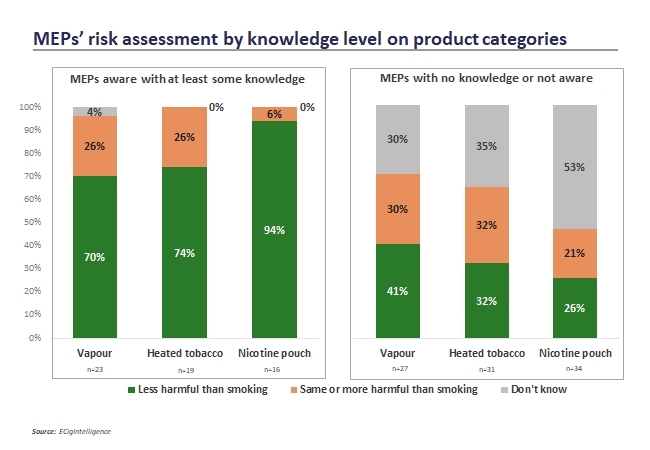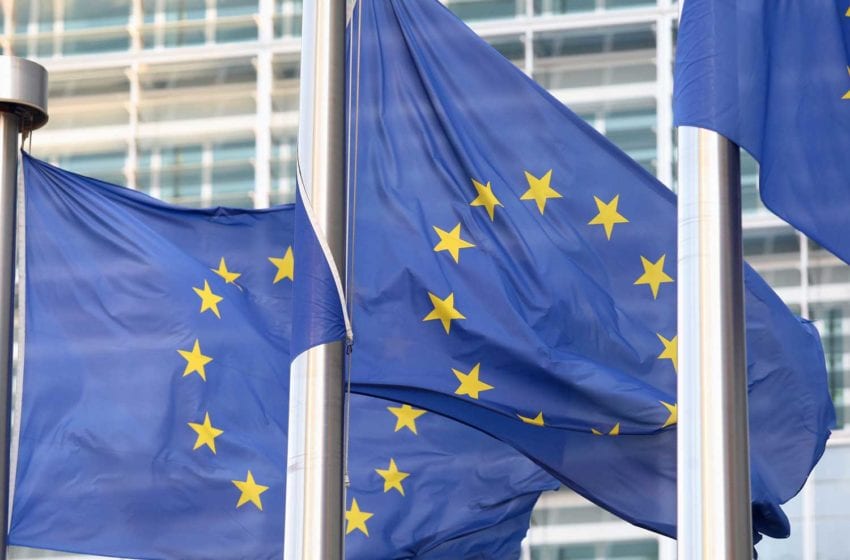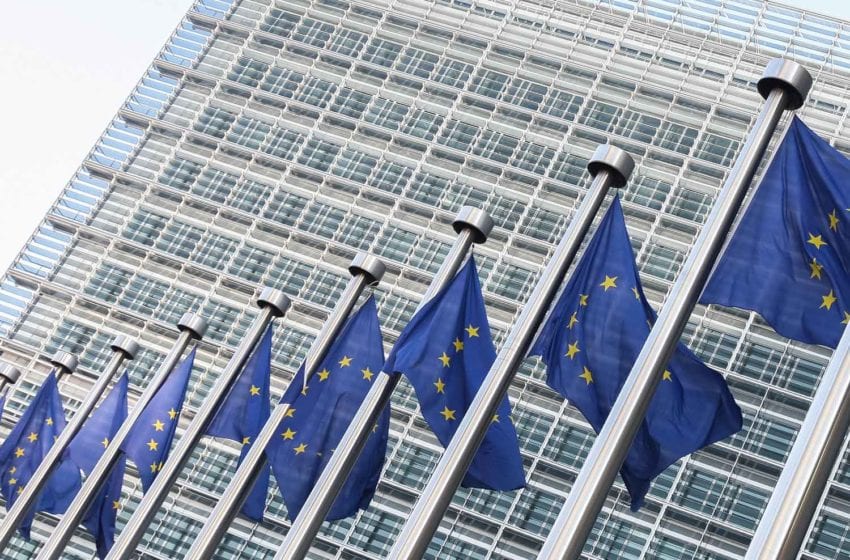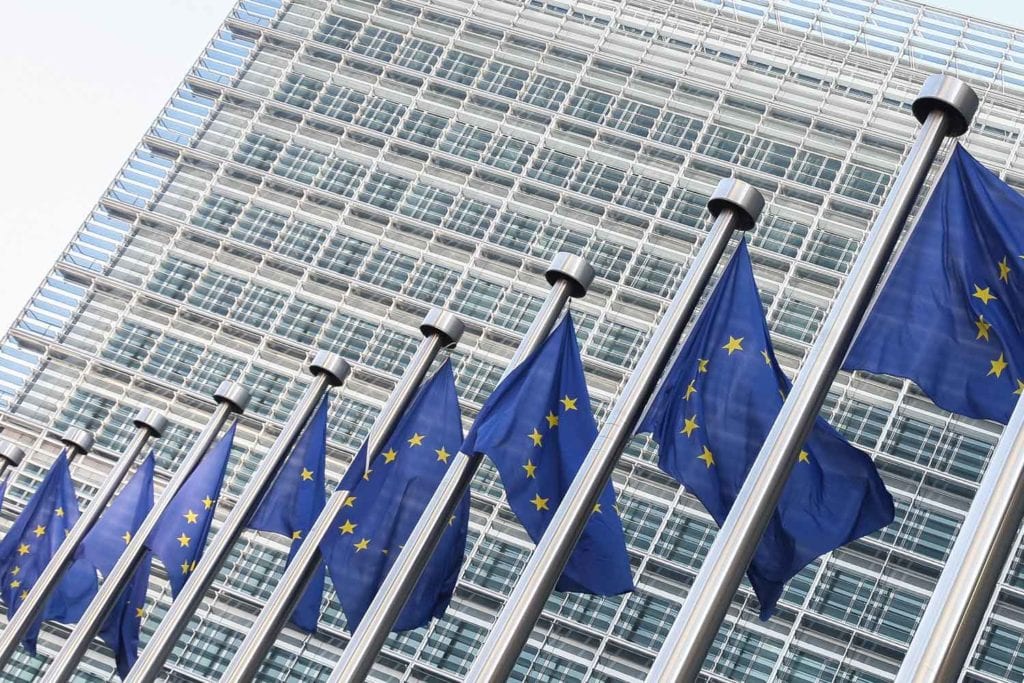
The EU Parliament has adopted, by a margin of 652 votes to 15, a report on Cancer prevention and Treatment that recognizes the potential contribution of vapor products to smoking cessation. The report notes that “electronic cigarettes could allow some smokers to progressively quit smoking.”
In adopting the report, the EU Parliament has become the world’s first elected chamber to endorse tobacco harm reduction, according to the Independent European Vape Association (IEVA).
“This is a landmark declaration by the European Parliament, which should go a long way to reassuring smokers of the health benefits that a switch to vaping can bring,” said IEVA President Dustin Dahlmann in a statement. “We now encourage the other EU institutions—and in particular, the European Commission—to take this on board and ensure that policy follows science, not the other way around.”
In addition to measures to reduce cancer incidence, the committee’s report places a special focus on the serious health effects of smoking.
The report also stresses the need for further research on vaping to be viewed in relative terms, given that tobacco smoking kills and vaping does not.
The final text of the report also includes a mention of further assessment of flavors “particularly attractive to minors and non-smokers” and a possible ban on them in the context of the review of the Tobacco Products Directive.
The IEVA says its crucial to avoid a flavor ban because the variety of flavors is one of the top reasons for adult smokers to switch to e-cigarettes and for vapers not to return to smoking.
“Research into the impact of flavor bans shows that many vapers return to smoking as a result [of a ban],” said Dahlmann. “This must be prevented. We agree that steps must be taken to curtail inappropriate marketing, while recognizing the crucial role flavors play in helping smokers quit.”






















